According to the World Economic Forum, the growth in European agriculture and lack of healthy farming practices caused significant soil degradation that might cost 100 billion euros to fix, and part of the problem comes from lost productivity, which threatens future cultures.
On top of this, agriculture accounts for 10% of Europe's greenhouse gas emissions, and improving this sector is key if we want to achieve our climate objectives.
In a new report called "Transforming Food Systems with Farmers: A Pathway for the EU", the World Economic Forum makes recommendations to the EU authorities on how they can work with farmers in order to improve the food system of the European Union.
Researchers have organized the information in four areas that can help the adoption of smarter farming practices that would improve European agriculture.
The first one is financial and risk management, which implies that farmers need guaranteed revenue streams and pioneering infrastructure solutions. The survey shows that, while four out of five farmers think that sustainability is a necessity, only two out of five think it is good for business.
The second area that would increase the adoption of more sustainable farming is innovative ecosystems, which means that with the development of new climate-oriented technologies and the reduction of their cost, farmers should be more tempted to reach out to technology in order to improve their productivity and adopt smarter farming practices.
Currently, the adoption of digital practices is fairly low, at only 31%, compared to 44% for other climate-smart practices.
Education and Awareness is another way farmers could be pushed towards greener farming, and this could be done through access to sharing platforms, peer-to-peer learning or on-farm teaching demonstrations.
So far, only a quarter of the surveyed farmers report that they have "good" or "very good" knowledge regarding healthy agricultural practices.
The EU could shape the future of sustainable agriculture by enabling policy environment, and officials can do this through setting the right policies that would encourage the implementation of environmental reforms, while, at the same time, allowing member states to shape these particular policies to fit local conditions.
This kind of flexibility has allowed so far for the implementation of 166 various eco-schemes across 22 draft strategic plans in 21 member states.
If 20% more farmers were to adopt climate-smart practices, the EU's greenhouse gas emissions coming from agriculture would drop by about 6%, while at the same time restoring the soil health of 14% of its agricultural land.
This would have other benefits as well, such as restoring biodiversity and improving the food system resilience, while adding anything from 1.9 billion to 9.3 billion euros to farmers' income.
Sean de Cleene, Member of the Executive Committee and Head of the Food Systems Initiative, World Economic Forum, said that "no region in the world will be spared from the imminent threats to our interconnected food systems, climate and the natural ecosystems upon which they depend."
"The current war in Ukraine is a reminder that we cannot ignore the vulnerability of our food systems. Be it a conflict or climate change, the security of our global food systems is increasingly under threat", he added.
Transitioning to sustainable, climate-smart agriculture will require quite a bit of investment and changes to current policies, and everyone will need to take part in the process, be it farmers, retailers or even consumers.
The World Economic Forum says that "the goal of this new multistakeholder partnership is to convene corporations, NGOs and academics, in consultation with farmer organizations, to develop farmer-centric, practical and scalable solutions for climate-smart and nature-positive action."
In order to support the Green Deal's call for public and private cooperation, the 100 million farmers platform established the EU Carbon + Farming Coalition.
100 million farmers is a multistakeholder platform that plans to support both private and public leaders in helping farmers to transition to net-zero, nature-oriented agricultural practices that would shape the future food systems by 2030.
Its European Carbon + Farming Coalition brings together multiple organizations, some of which are Bayer, Cropin, EIT Food and Planet Labs PBC.
 Mihai - Cristian Ioniță
Mihai - Cristian Ioniță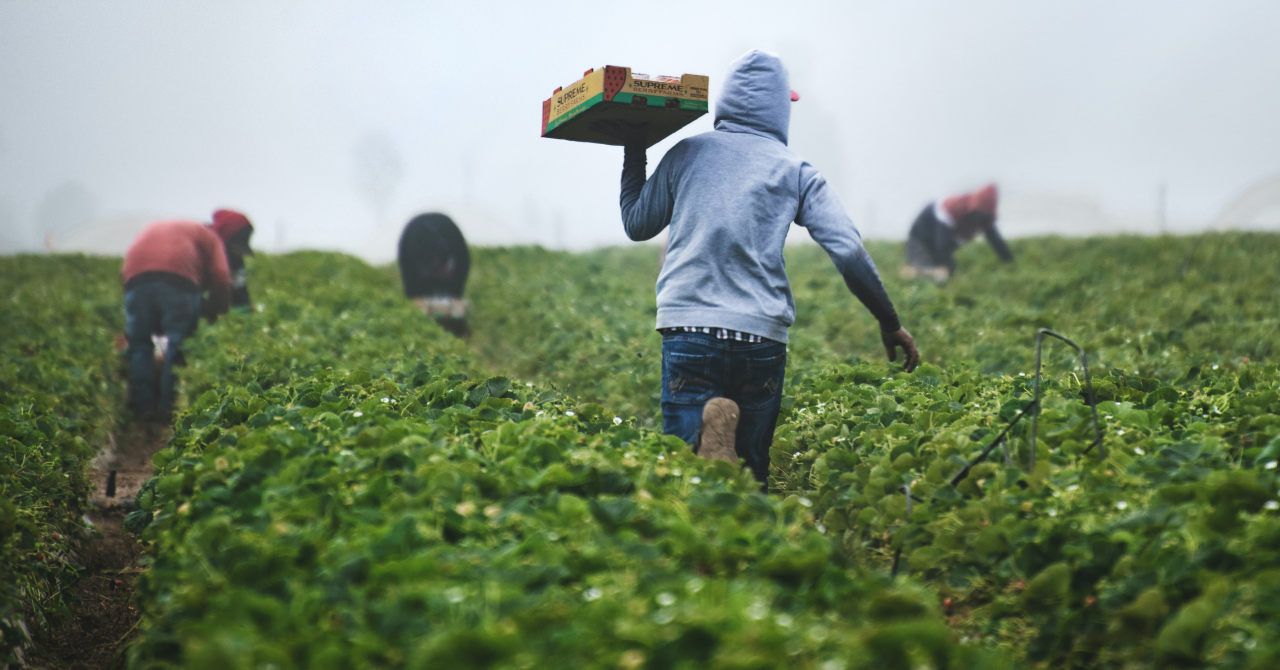

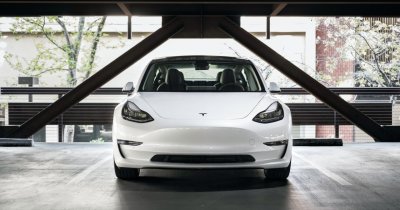

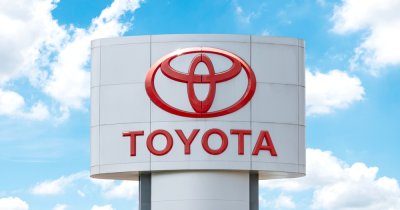



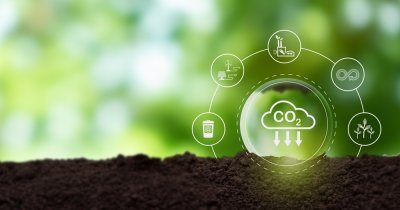
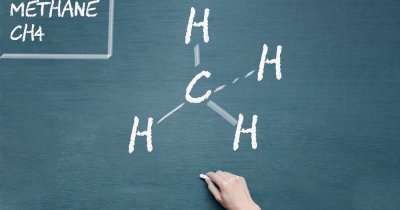



Any thoughts?